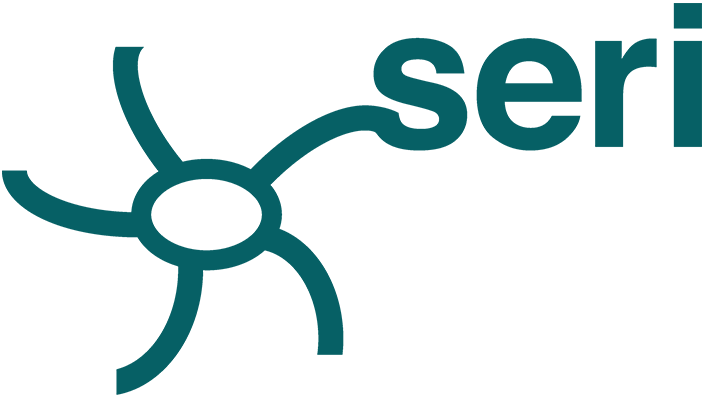Staff Working on Childhood Lead Exposure Fired From the CDC
News
The Centers for Disease Control and Prevention (CDC) has dismissed numerous staff members from its environmental health programs at the Division of Environmental Health Science and Practice, including experts focused on childhood lead exposure and cancer clusters. The entire permanent staff of the Division of Environmental Health Science and Practice was cut, according to one person who was among the approximately 200 fired from the division.
Epidemiologists, scientists, and administrators who manage grant programs were among the employees that were laid off. Their work included investigating hazardous exposures in communities and addressing health risks such as lead poisoning in children—a major public health concern linked to developmental and cognitive impairment. A former employee noted that these divisions have a vital role in safeguarding public health. For example, they helped discover lead contamination in applesauce pouches that were pouches that were popular among children.
The long-term health effects of lead poisoning are devastating and irreversible. Impacted children enter school with diminished reading and learning abilities and drop out of school at a rate 7x greater than their peers.Additional consequences include hearing loss, reduced IQ scores, speech delays, aggressive and violent behavior, and long-term health impacts on the kidneys, heart, and brain. Adults are not immune to the tragic, negative impact of lead poisoning either. Pregnant women are at particular risk, as lead poisoning can lead to miscarriages, premature and underweight births, and can damage the brain, kidneys, and nervous system of the fetus. Higher concentrations of lead in adults have also been associated with hypertension, electrocardiographic abnormalities, peripheral arterial disease, left-ventricular hypertrophy, and cardiovascular disease mortality (Lancet, 2018).
The loss of funding and institutional knowledge will have significant consequences: hundreds of local health departments and state staff supported by the CDC program won’t be able to assist lead-poisoned children in receiving the proper medical care; 48 state health departments and their local partners will have to stop tracking blood lead surveillance; and health departments that offer case management services for home inspections and referrals for housing interventions will have to find support elsewhere.
Read the NCHH statement on CDC RIFs here

